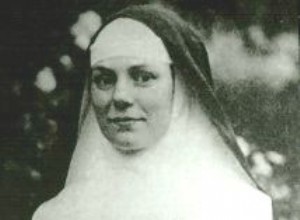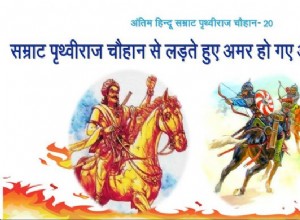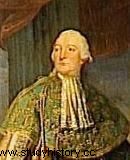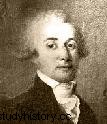Elise Rivet , who became Mother Marie Elisabeth of the Eucharist, (1890 – 1945) was a Catholic nun, member of the resistance during the Second World War. She is a Righteous Among the Nations. Mother Marie Elisabeth of the Eucharist Daughter of a naval officer, Élise Rivet was born on January 19, 1




